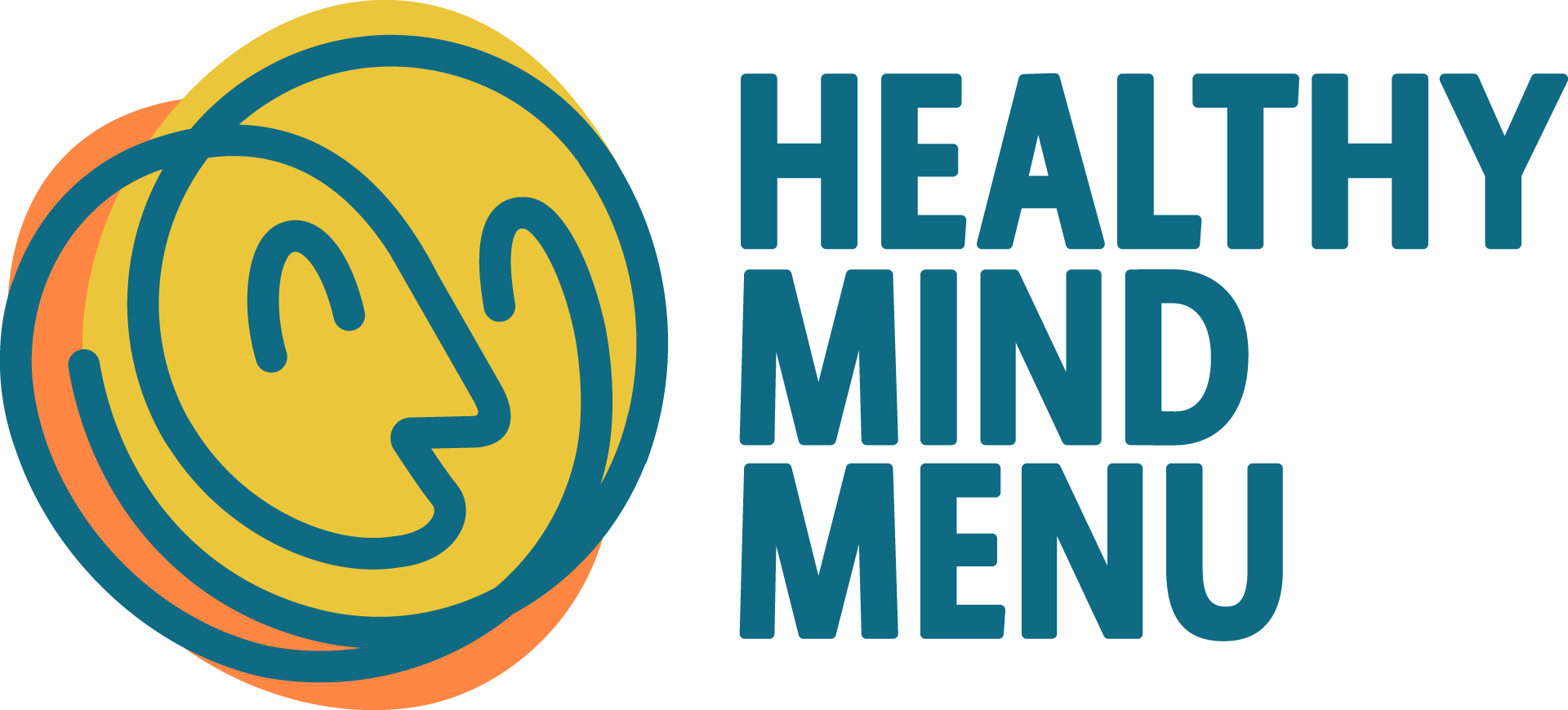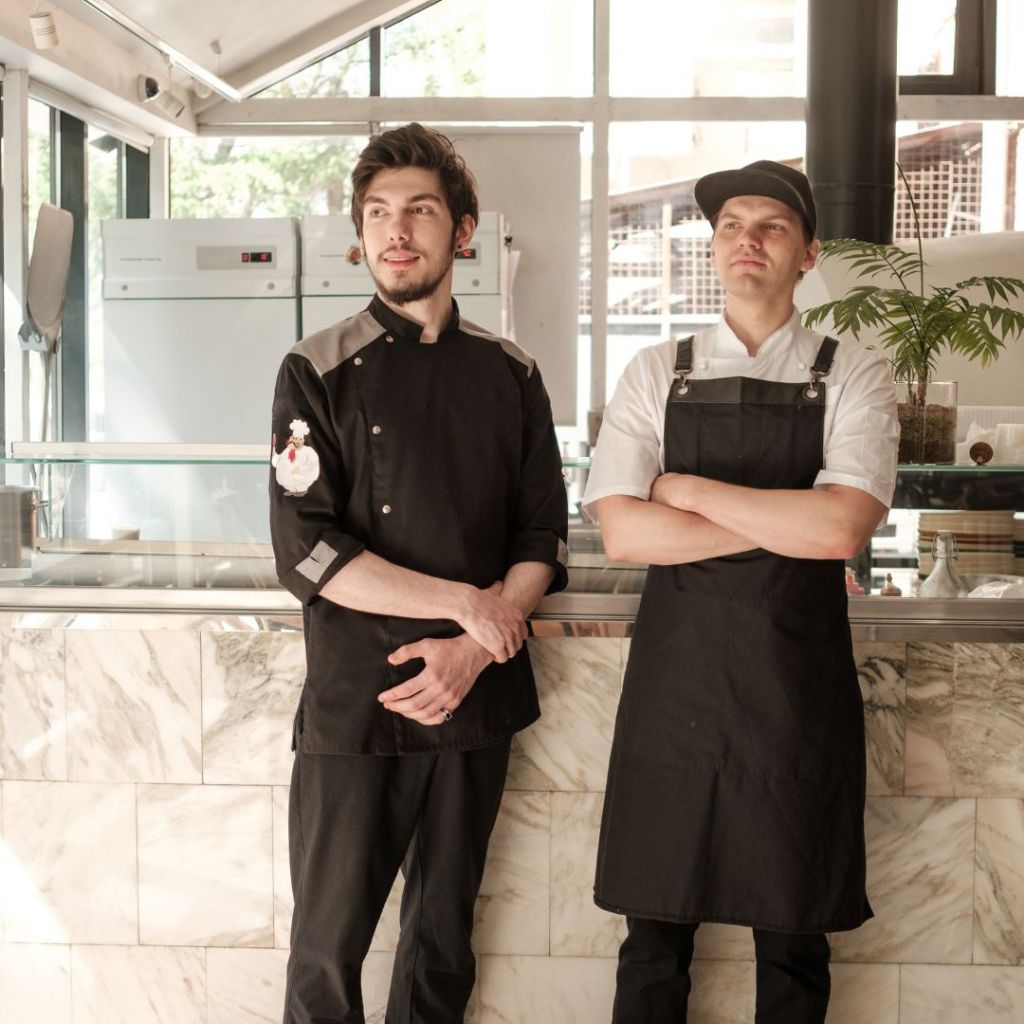Addiction can have a significant impact on anyone’s life, but it can be particularly challenging for those working in the hospitality industry. Long hours, high-stress levels, and easy access to drugs and alcohol can all contribute to addiction for those working in the industry.
In addition to this, hospitality workers often work in environments where substance use is normalised or even encouraged, making it difficult to avoid drugs or alcohol altogether.
What is Addiction?
Addiction is a chronic disease that affects the brain’s reward and motivation systems, causing a person to compulsively seek out and use drugs or alcohol, despite negative consequences. Addiction can present in many ways, including:
- Using drugs or alcohol to cope with stress or difficult emotions
- Feeling unable to function without drugs or alcohol
- Spending a lot of time and money on drugs or alcohol
- Struggling to cut back or quit despite wanting to do so
- Neglecting responsibilities or relationships due to drug or alcohol use
The Recovery Process
If you or someone you know is struggling with addiction, there are many ways to manage it. Some strategies include:
Seeking professional help: Addiction is a complex journey that often requires professional treatment. This can include counselling, medication-assisted treatment, and support groups.
Making lifestyle changes: Engaging in healthy habits like exercise, healthy eating, and meditation can help support recovery.
Building a support system: Surrounding yourself with positive influences, like supportive friends and family, can help you stay on track in recovery
Avoiding triggers: Identifying and avoiding triggers, such as certain people or situations, can help you avoid relapse.
Support in Western Australia
There are many resources available in WA to help those struggling with addiction. Here are a few:
SMART Recovery Australia: SMART Recovery is a science-based program that offers support and resources to help people overcome addiction. They offer online meetings, workbooks, and other resources to support recovery.
ReachOut: ReachOut is an Australian-based mental health organisation that offers support, resources, and information to young people struggling with addiction and other mental health issues.
The Whitehaven Clinic: A Private Clinic offering one-to-one personalised counseling online and in person, for those suffering from any form of addiction.
To find alcohol and other drug services near you, visit the My Services online directory.
Supporting a Friend and/or Co-Worker
If you think a friend and co-worker is struggling with addiction, it can be difficult to know what to do or how to help. Here are some tips for supporting a friend who may be struggling with addiction:
Start the conversation: Let your friend know that you care about them and are concerned for their well-being. Be compassionate and non-judgmental, and offer your support.
Listen without judgment: Allow your friend to share their experience with you without judgment. Try to understand their perspective and listen to their concerns.
Offer resources: Let your friend know that there are resources available to help them. This might include counselling, support groups, or treatment centres. Offer to help them find and access these resources.
Set boundaries: If your friend’s behaviour is negatively impacting you or others, it’s important to set boundaries to protect yourself. Be clear about what you are and are not willing to tolerate.
Encourage self-care: Encourage your friend to engage in healthy activities that promote self-care, such as exercise, healthy eating, and meditation. Even better, do those things that support your friend WITH them.
Be patient and supportive: Recovery is a journey, and it can take time. Be patient (and realistic) with your friend and offer your ongoing support and encouragement.
It’s important to remember that supporting a friend with addiction can be challenging and emotionally taxing. Don’t hesitate to seek support for yourself, whether that’s through therapy, support groups, or talking to a trusted friend or family member.
If you are unsure of how to support your friend or if you think their addiction is severe, you may want to encourage them to seek professional help. You could offer to help them find a counsellor, doctor, or treatment centre, and even accompany them to their first appointment.
Remember that addiction is a complex journey that requires professional treatment and support. Your role as a friend is to offer love, support, and encouragement, while also recognising your own limitations and boundaries. With your support, your friend can begin to reclaim their life and move toward a healthier, more fulfilling future.





